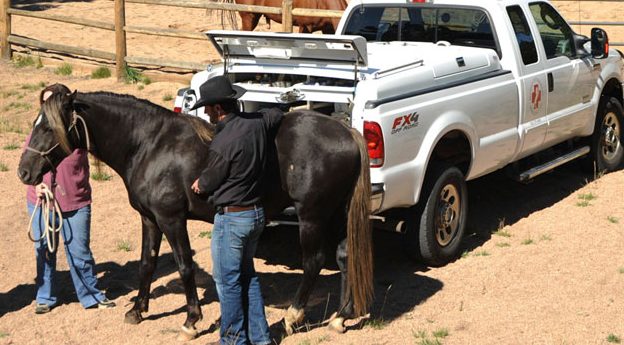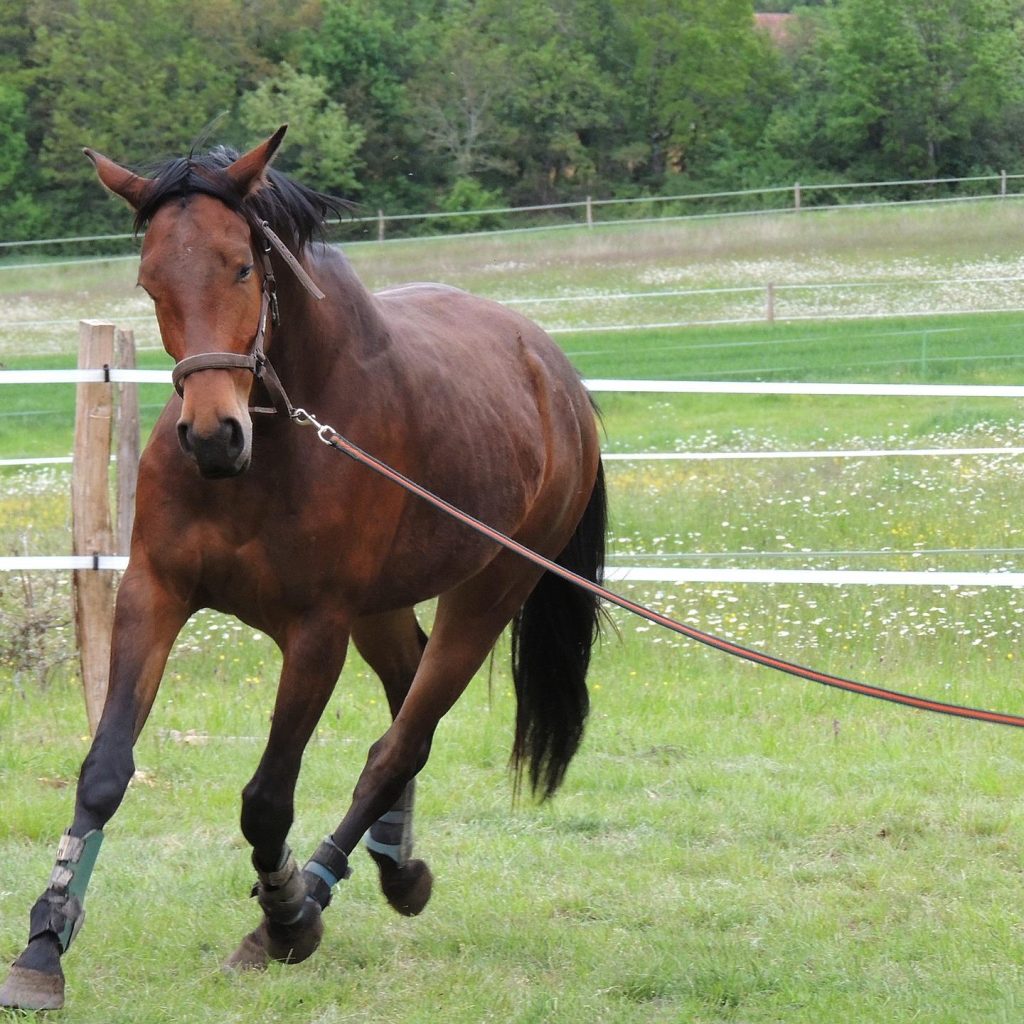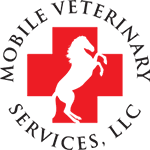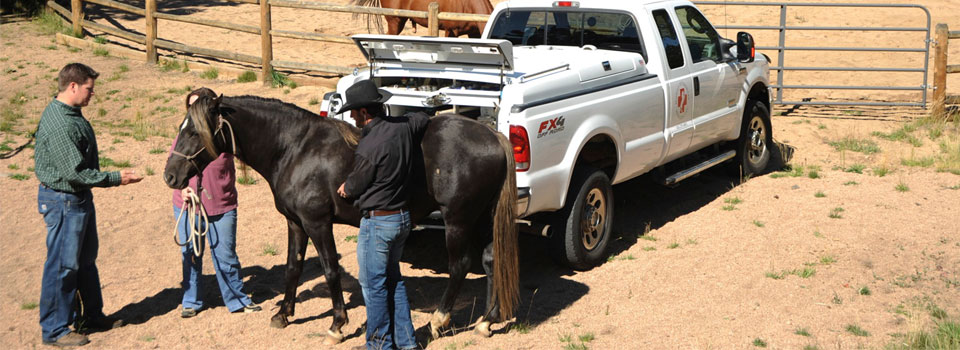You have been combing through Facebook feeds for months looking for the perfect horse. Then, when all seems lost, you find the one that checks all of the boxes… he’s the right color, age, and temperament and of course, he is “guaranteed sound!” What’s next? Run out the door hook up the trailer… no wait, someone said that you should do something else. Oh yeah, you come to your senses and call or email to see if your veterinarian can fit you in for a Pre-Purchase Exam.
Do I really need a PPE?
In the uncertain world of horses, you have to hedge every bet that you can. While a PPE isn’t a guarantee in any way, it is a way to help ensure that this perfect horse you are ready to fly out the door for is in fact somewhere close to perfect (for you). Having a veterinarian go over this potential purchase with a careful eye is the best way for you to make an informed decision about whether your desires align with the horses’ abilities.

What is a PPE?
It is NOT a pass/fail exam. A PPE is a moment in time of the health of that horse. As veterinarians, we are looking to help understand not only what is currently going on with the horse, but also trying to give you (the buyer), some understanding of what may come with that horse. It is no way a look into a crystal ball, but it can give us hints as to problems that are in the future of that animal. This information along with your expectations of the horse will help to make the most informed decision you can.
What to Expect?
There are many parts to a PPE, and each exam is a bit different, depending on the expectations of the horse and the buyer. A companion horse’s exam may be entirely different than one that is expected to jump/run/slide for the next 10 years. Three essential components to a PPE are:
1) Conformation and its application to function (can the horse physically do what he is supposed to do). The conformation of a horse is how it has been put together. Certain “body types” or conformations lend themselves to better performance in certain disciplines. What makes a good jumper doesn’t necessarily make a good cow horse!
2) General Physical Examination (all of the inside and the outside, and do these things work right). This includes examination from the tip of the nose to the end of the tail. A quick (and certainly not complete list) might include: Auscultation of the heart, lungs and gut sounds, eyes, lymph nodes, ears, teeth, jugular veins, any scars present, lumps/bumps and swellings, palpation of the back and neck and limbs (including range of motion). In other words, a pretty detailed checkup.
3) Dynamic Exam (lameness, flexions and associated observations of the horse in motion). A lameness exam is the evaluation of how a horse uses their limbs. What is their “normal” way of going and how does that play into what they are to be used for (a “baseline”). A flexion is a “stress” test, where a joint or set of joints is stressed for a given amount of time, and then the horse is asked to trot (usually), and they are evaluated if a painful response has been induced. If the veterinarian does create pain from the flexion test, it may be an indication of an issue that we don’t see on baseline exam. This positive response to flexion may be justification for an x-ray, ultrasound or both… or it may be enough to just end the exam and say that this isn’t the horse for you. Always keep in mind that a PPE is a fact-finding mission — to help you make the best choice you can!

Beyond these basics, the sky is the limit as to what might be included in the exam (and your expectations). Under saddle exam, radiographs (x-rays), ultrasound, breeding soundness exam, sedated dental exam, upper airway exam, blood work, genetic testing, and drug testing to name a few!!
I usually prepare my clients for a routine exam (the three essential components) to take somewhere around an hour, and if we are going to add other parts to the exam, that time can easily double or even triple! Each veterinarian or clinic will likely have a different pricing structure, but again, a Pre-Purchase Exam is a data-finding mission, to help you make the most informed decision that you can.
One other piece of advice that I offer to clients is that when performing a PPE is this… Perfect horses are hard to come by… so understand what your tolerances might be and be prepared for a “these are the pros and these are the cons kind of discussion!”
Happy Horse Hunting!



